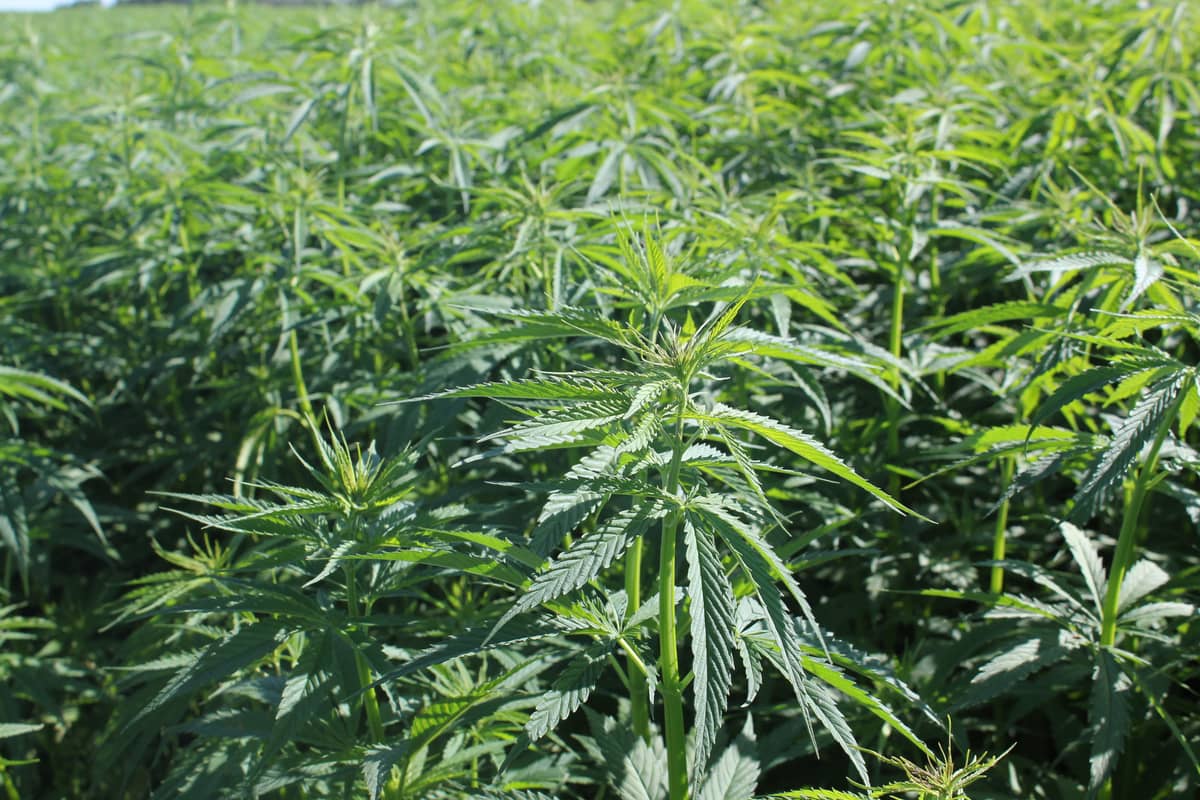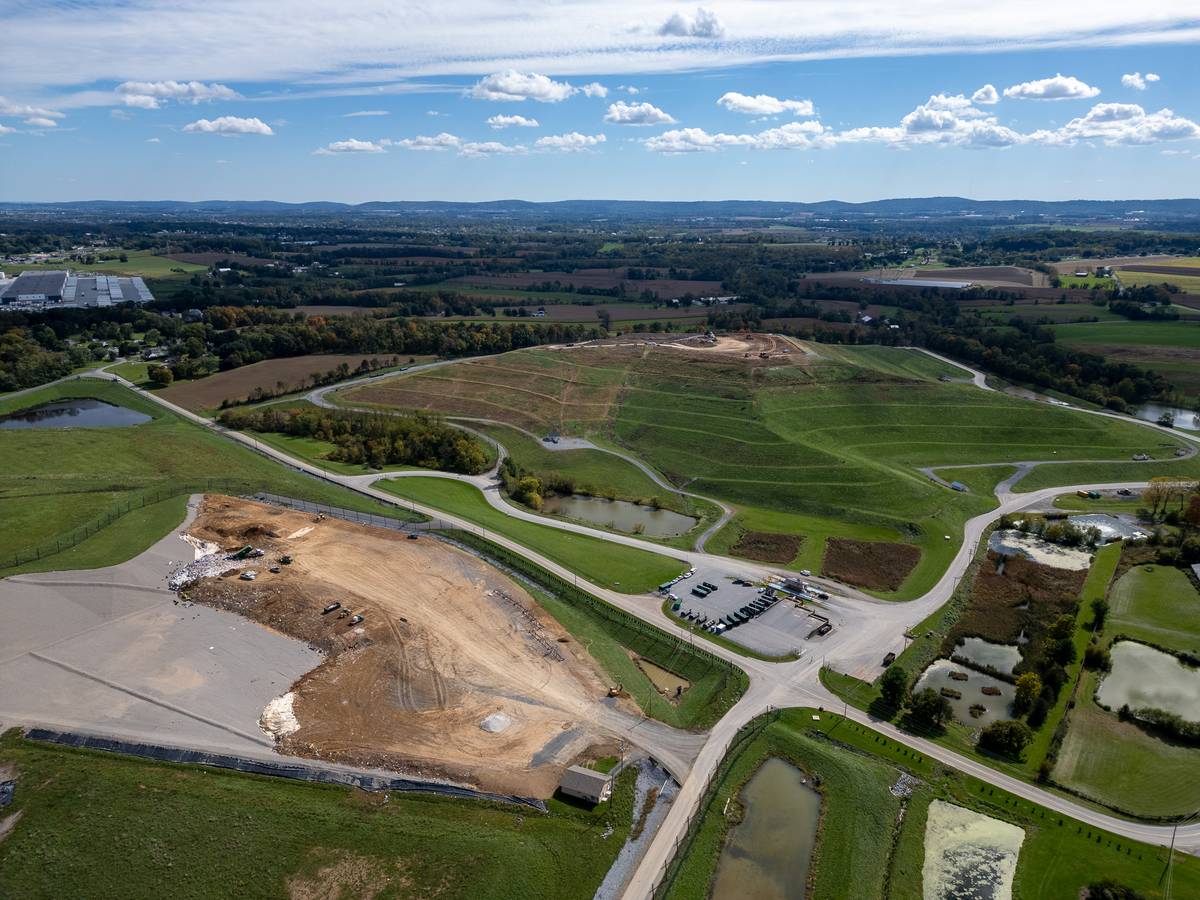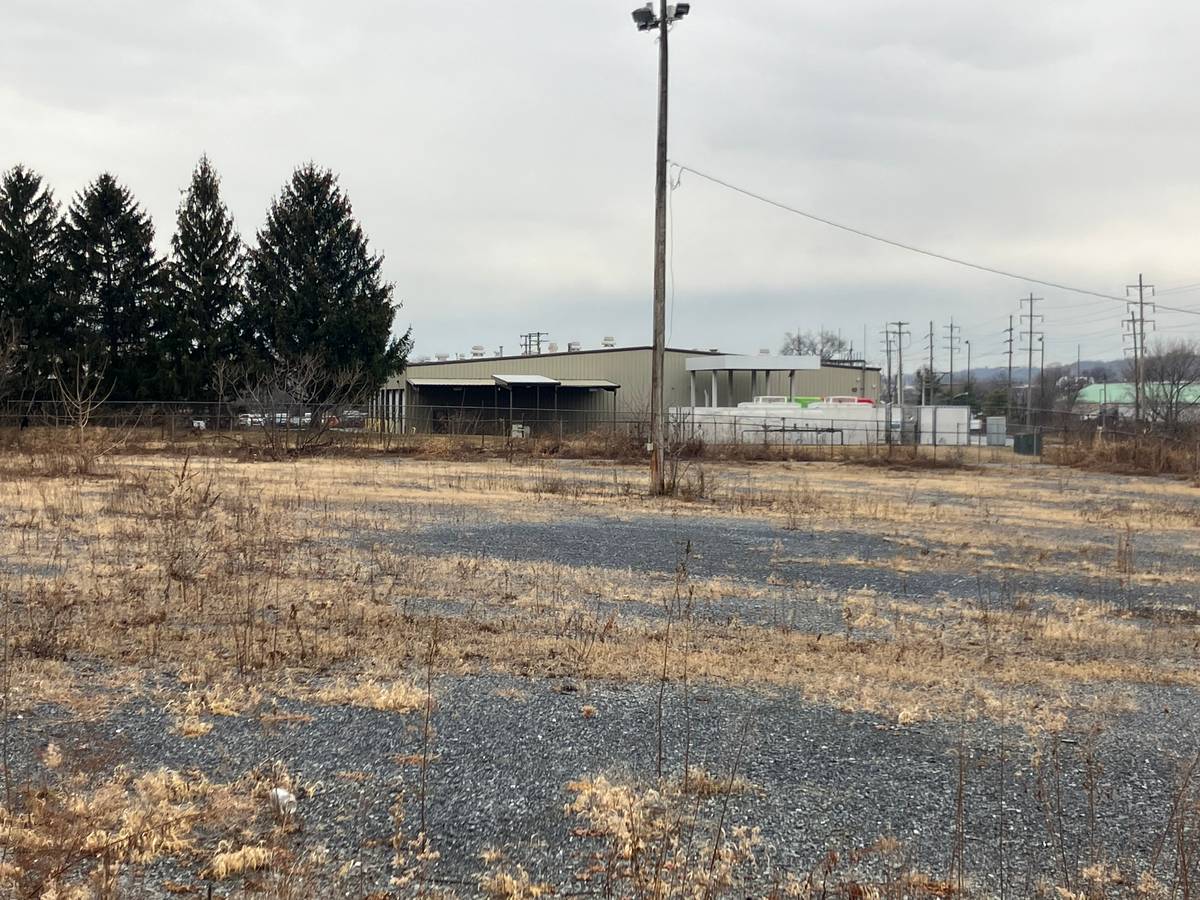The recent passage of the 2018 Farm Bill has made the cultivation of hemp in Pennsylvania and across the country legal once again.
So, what do interested farmers and investors need to know before they jump in with both feet?
For one thing, industrial hemp will be regulated by state governments, and those regulations must include:
- A practice to record and describe land on which hemp is grown.
- A procedure for testing THC concentration.
- A procedure for disposal of noncompliant product.
- A procedure for enforcing regulations.
The Pennsylvania Department of Agriculture has created a growing program that includes a mandatory permitting and monitoring system. Information about permitting applications is available on the Ag Department website, or email Cathy Thomas at caththomas@pa.gov. You can also call the Bureau of Plant Industry at 717-787-4843.
Hemp is a historically important plant which has myriad uses ranging from fiber and fiber products to human consumables such as flours, oils and meals. A new use of high interest and demand is for cannabinoids (CBD). Specific varieties of hemp have been developed that produce over 100 different CBD compounds, called full-spectrum hemp oil, that are reported to have wide ranging human and animal health benefits. Much of the interest in growing hemp locally and across the U.S. is for CBD oil. Pennsylvania has received over 100 requests for growing permits, most of them intended for CBD production.
Farmers and investors need to know that there is a veritable frenzy of interest in CBD production, along with a great many risks and unknowns.
Questions pertaining to proper growing, harvesting and processing need to be answered. Markets are not guaranteed. There are indeed opportunities for some, but as with any new and unknown venture, there is a “Wild West” type of enthusiasm, and risks will be involved. It is important that potential growers or investors ask questions:
- Who is purchasing my crop, and do they have an established market?
- Do they have the financial strength to follow through with their plans?
- Have they provided comprehensive growing and harvesting instructions?
- How will I be paid? Is there a guaranteed minimum level of income?
- Can you tell me the company or brand name of your product?
- What if there is a crop failure? What if my crop tests high for THC and must be destroyed? Do I get my investment back?
- Can you request an agreement in writing and be provided with a signed copy?
- Do I have the planting, growing and harvest equipment needed, and a plan for storage and drying?
I am confident that hemp will grow into an established crop here in Pennsylvania, finding many uses and markets. And I’m hearing of many investors and buyers looking for local growers. However, many of these buyers do not seem to have their details worked out and their plans are incomplete, and it will take time and investment to develop the infrastructure needed for local production.
Please use caution and ask appropriate questions before jumping into the ring with “Wild West” enthusiasm.
Jeffrey Graybill is an Agronomy Educator for Penn State Extension.
Want to submit your own column?
?
Learn more here.























